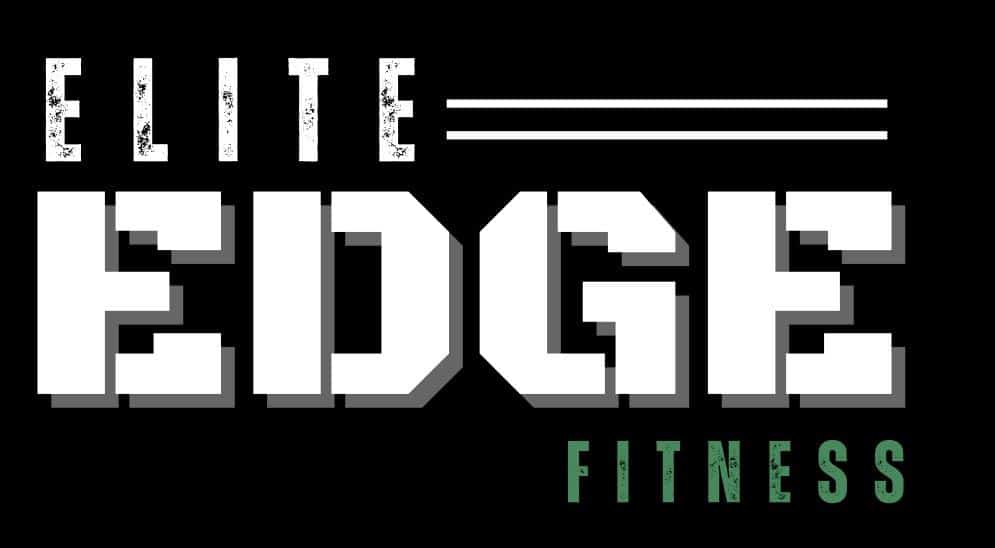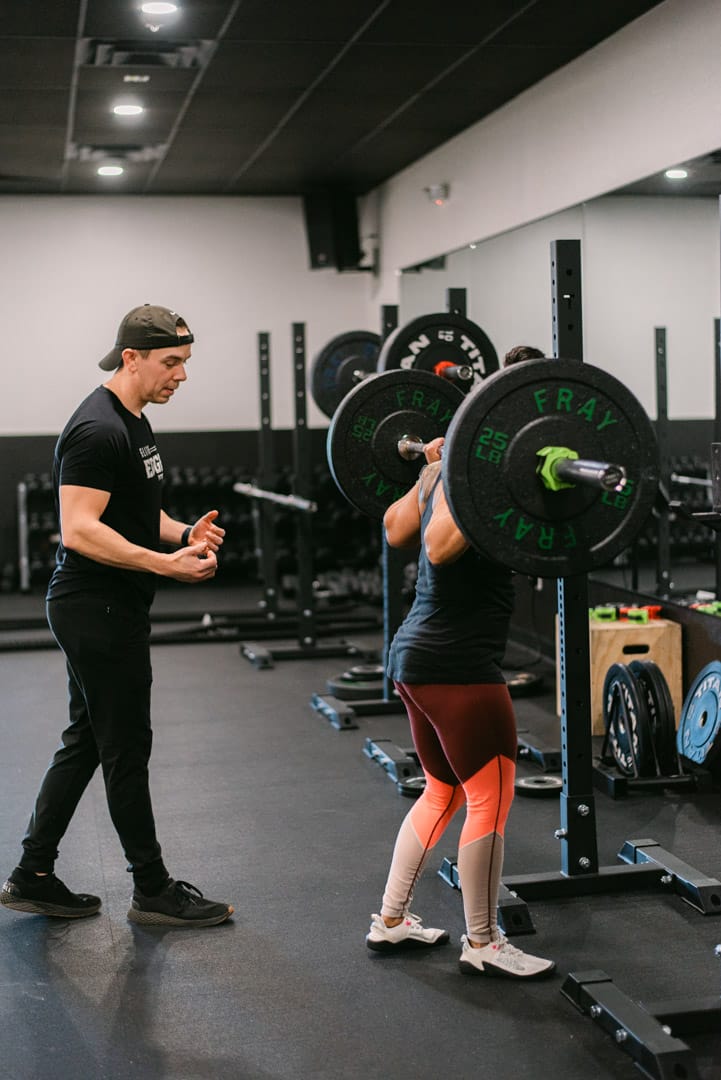Let’s clear the air on something that’s been repeated in every corner of the internet: “Just eat less and move more.” While a calorie deficit technically helps you lose weight, that’s not the full picture—especially if your goal is to look toned, feel strong, and keep the fat off long-term. In reality, how you fuel your body matters way more than just slashing calories.
If you’ve been cutting calories, feeling tired, seeing the scale move but not noticing any real body changes, you’re not alone. The truth is, it’s not just about eating less—it’s about eating right. The key to real results? Proper portions, enough protein, and consistent strength training.
Let’s break it down.
Calorie Deficit: The Misleading Shortcut
A calorie deficit means you’re consuming fewer calories than your body burns in a day. Sure, that might result in weight loss, but the type of weight you lose matters. Without enough nutrients—especially protein—you’re more likely to lose muscle, not fat.
This brings up a common question: Can you build muscle in a calorie deficit? The answer is—it depends. If you’re brand new to strength training or returning after a break, it’s possible to build some muscle while in a mild deficit, especially when your nutrition is on point.
But for most people, especially those who’ve been training consistently, building muscle becomes significantly harder if your body isn’t fueled with enough calories and protein.
So yes, you can build some muscle in a calorie deficit—but it’s far more effective (and sustainable) when your focus is on eating enough of the right foods rather than just eating less.
What Your Body Actually Needs: Balanced Nutrition
Rather than obsessing over numbers, start paying attention to what your body’s getting from your meals. Balanced nutrition means you’re fueling with:
- Lean protein for muscle repair and maintenance
- Healthy fats to keep hormones in check and cravings at bay
- Complex carbs for energy and recovery
- Fiber to support digestion and blood sugar regulation
Skipping meals or eating tiny portions might give short-term results, but it’s not sustainable—and it doesn’t help you look fit.
Instead, portion control is where the magic happens. You don’t need to starve. You just need to balance your plate: a palm-sized portion of protein, a fist of carbs, a thumb of healthy fat, and a handful of veggies. That’s an easy, non-restrictive way to eat that supports your goals.
Why Protein is Non-Negotiable
If you’re not prioritizing protein, you’re missing out—especially if your goal is to get toned.
Here’s why protein matters:
- Preserves lean muscle mass during fat loss
- Boosts metabolism because your body uses more energy to digest it
- Keeps you full longer, reducing cravings and overeating
When you’re asking yourself, can you build muscle in a calorie deficit, the most important factor is whether you’re hitting your daily protein intake. A good starting point is aiming for 0.8 to 1 gram of protein per pound of body weight if you’re actively training. That means more eggs, chicken, turkey, fish, Greek yogurt, tofu, or protein shakes.
Even in a calorie deficit, eating enough protein helps maintain muscle and encourages small amounts of growth if you’re new to training or doing it right.
Strength Training: The Game-Changer for Toning
You’ve probably heard this before, but let’s make it stick: lifting weights does NOT make you bulky. That’s a myth. What it does is help you build lean muscle, burn more fat, and create that defined, toned look most people are chasing.
Here’s how strength training helps:
-
- Builds muscle, which gives your body shape and definition
- Increases metabolic rate, so you burn more calories even at rest
- Improves bone density, posture, and overall strength
You don’t need to be in the gym for two hours a day. Three to four sessions per week, focusing on compound movements like squats, deadlifts, push-ups, and rows, is enough to see progress.
The key is progressive overload—gradually increasing the challenge over time. And yes, if you’re wondering again, can you build muscle in a calorie deficit?—this is where smart training and strategic eating come together. It’s not easy, but it’s possible if you’re intentional.
What Toning Really Means (Spoiler: It’s Muscle + Low Body Fat)
“Toning” is a buzzword, but what it really means is this: you’re building lean muscle while reducing fat.
You can’t “tone” a muscle that isn’t there, and you can’t reveal definition if there’s too much fat covering it. That’s why the combo of strength training, protein-rich meals, and proper portions is your best bet.
The goal shouldn’t just be “lose weight”—it should be recompose your body. Build muscle. Lose fat. Feel stronger.
Stop Chasing the Scale—Look at Progress Differently
The scale doesn’t tell you how much muscle you’ve gained or fat you’ve lost. It can fluctuate based on water, food, hormones, and sleep.
So instead of stressing over weight, track:
- How your clothes fit
- Your strength in the gym
- Your energy levels
- Progress photos every few weeks
Those are way better indicators of real, lasting progress.
Sustainability Over Starvation
You can’t out-diet a bad relationship with food. When you stop fearing calories and start focusing on fueling your body, everything changes.
Here’s what a sustainable, muscle-friendly fat loss approach looks like:
✅ Eat 3–4 meals a day with protein in each
✅ Use your hand to portion meals (no tracking apps needed)
✅ Strength train 3–4x per week
✅ Stay active throughout the day (steps count!)
✅ Get enough sleep and manage stress
✅ Drink water—lots of it
It’s not glamorous. It’s not a fad. But it works—and it’s something you can actually stick with.
Final Thoughts: Fuel Smarter, Not Less
Calorie deficits aren’t the magic key to fat loss—smart fueling is. While you can build muscle in a calorie deficit, it’s not optimal for lasting results. Real progress comes from eating enough of the right foods, prioritizing protein, and pairing it with consistent strength training. If you’re ready to ditch restrictive diets and start building a strong, toned body, Elite Edge Fitness offers the expert guidance you need for sustainable nutrition and training that actually works.

